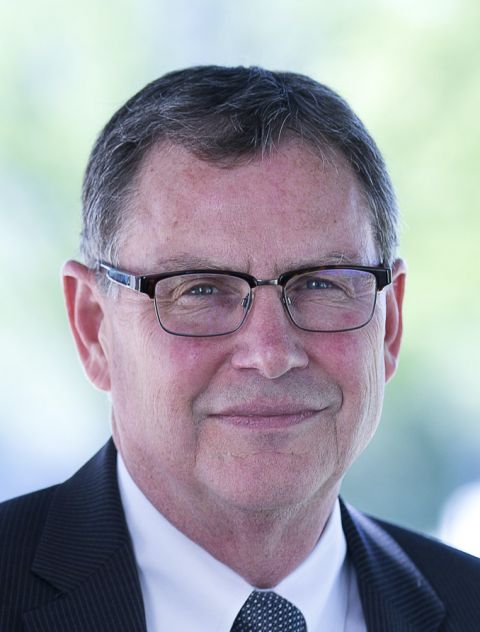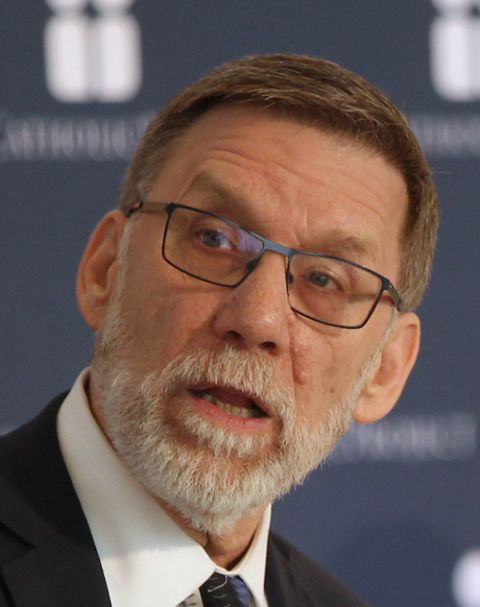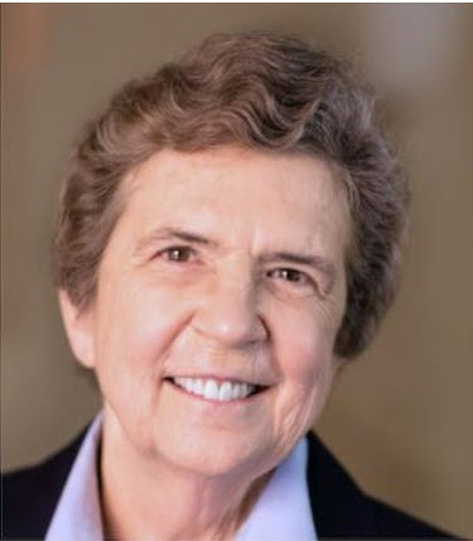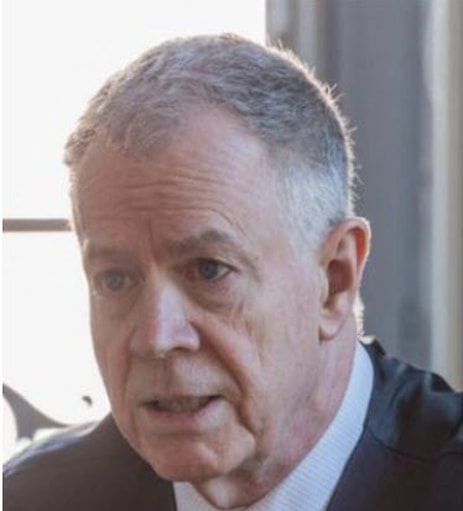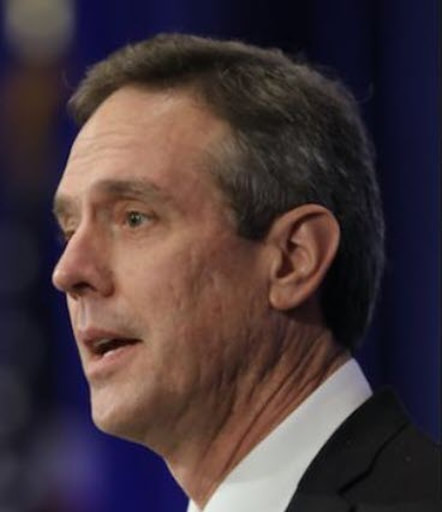The Church After Coronavirus
New understandings of social mission
|
Stephen Schneck is the executive director of the Franciscan Action Network and a former long-time professor of politics at The Catholic University of America.
The experience of COVID-19 has heightened the consciousness and reawakened the conscience of the church to the fragile, incarnate reality of human life. The church, like the whole world, has also been reminded by our experience of social distancing that human life can only be fully human when lived in solidarity and community with others. What that means for Franciscan Action Network is somewhat unclear as yet, but something is occurring. There is an intensity to be noticed in support for both our social justice advocacy work and our faith outreach. Moreover, our sister faith-based social justice organisations are reporting a similar intensity among their supporters. Concern for the needs of others, especially for those unable to fend well for themselves in this time of crisis, is rising everywhere. So, too, are both calls for practical action and calls for spiritual nourishment. Perhaps the newfound appreciation of solidarity and community is partly to be credited. There is now a realisation not only of community but also of how important community is for our formation as human persons and a realisation that social action is how communities themselves are formed and reformed. Organisations like Franciscan Action Network mobilise for that. But equally part of this rising support for organisations like mine is the heightened spiritual hunger of this moment. In times of plague, the hunger for understanding the meaning of life is sharp. I believe social action is revealed to be part of that meaning, but so too — and very profoundly — is faith. It may be that our church's mission for our times is evident in this, too. Unmistakably, that's been Pope Francis' vision for the church. |
|
Richard Gaillardetz is the Joseph professor of Catholic systematic theology at Boston College and a former president of the Catholic Theological Society of America.
Global crises of the kind we are currently facing can lead to seismic changes, but often as not, they simply clarify current challenges and possibilities. Certainly, the widespread cancellation of public religious activities has had a palpable impact on church life. When the pandemic has passed, perhaps many Catholics will simply not return, but I have my doubts. This past Sunday, my wife and I participated remotely in our parish's livestreamed Mass. We were grateful for the opportunity and heartened to see so many parishioners joining us in virtual community. Our pastor and pastoral team are to be commended for their creative efforts to reach out to parishioners in this and many other ways. However, I don't think we were alone in perceiving both the opportunities for, and limits of, virtual community. Dare we hope that this fast from the eucharistic table, fueled by the exigencies of the moment, might upon our return rekindle a heightened eucharistic consciousness? This pandemic has highlighted the importance of certain characteristic Christian practices. Pope Francis has exemplified the pastoral leadership we need as he invites us to a kind of "solidarity in place," encouraging us to check in on friends and family by phone or internet, or to deliver groceries to those in need. His lovely Urbi et Orbi blessing March 27 offered the consolation and encouragement we need from our spiritual leaders. And, although a few clerics have succumbed to a troubling sacramental romanticism, most of our pastoral leaders have wisely embraced draconian restrictions on public worship, integrating a Catholic sacramental consciousness with an equally Catholic commitment to the common good. |
|
Daughter of Charity Sr. Carol Keehan is the former CEO of the Catholic Health Association of the United States.
In the middle of this dangerous and frightening pandemic, it is a good mental health exercise to think about life after it is under control. In every aspect of our lives we have experienced massive changes, uncertainties and loss of control. What will the "new normal" be? The church's ministries have experienced radical changes and challenges: from schools that had to go to complete distance-learning instantly, to finding ways to get college students home from the ends of the earth, to our healthcare facilities that had to ramp up capacity to treat large numbers of patients with a disease we don't understand, to protecting caregivers from being infected before we understood how the disease is transmitted, to coping with huge shortages of supplies and equipment to protect both patients and caregivers. Especially challenged ministries were our nursing homes. What will be our "new normal" state? I think the value of church ministries will be much clearer. The heroes in them will be remembered and celebrated. The importance of a better national system for dealing with these emergencies, run by experts in their field and well-funded, will be demanded by the public. The impact of the failures in this pandemic and how they crippled local responders will drive this initiative. It will be imperative that the massive financial impact this has had on these ministries as they struggled to keep up their service and protect students, patients and staff is recognised in the priorities of future congressional stimulus bills. These ministries are a treasure in their communities and deserve support to sustain and rebuild them as much as public corporations. I think you will also see these ministries being a very informed and convincing voice in the public square on the impact of the pandemic on those they serve and how that should be prioritised in stimulus bills. This advocacy will be another important way the church serves. |
|
Jesuit Fr. James Keenan is the vice provost for global engagement at Boston College, a theologian and the founder of Catholic Theological Ethics in the World Church. At the end of Albert Camus' The Plague, the remarkable Dr. Rieux realises that as the plague recedes, the survivors will honour their dead and return to normal life as if nothing happened, even though the virus could come back anytime. Today we face the fragility of life so immediately that at times, like the virus itself, we are left breathless. And we face the mortifying frustration of being unprotected: lacking the tests, masks and ventilators; these life-savers were not in our reach. When it recedes, what can the church do to help us to learn from these experiences? Consider this. Many of us are experiencing a pandemic for the first time, yet others have known the ravages of malaria, tuberculosis, maternal and infant mortality, AIDS, Ebola — the lists goes on. Likewise, they know that treatments are there, but not within reach. We have kept those illnesses from our doorsteps for years, but not from theirs. Unaffected, we could live with news of their struggles. Can we now? Now that we know the terror of a pandemic and the tangible alienation of lacking available resources, can we return to our old ways of living with news of their struggles? Could our churches make us more mindful of health for all? In Latin, health is salus, the same root as salvation. Could the bishops make us realise that when it comes to health or salvation, it's not for the "many," but for all? |
|
Sean Callahan is president and CEO of Catholic Relief Services, the official international humanitarian agency of the Catholic community in the United States. In January, I rode with Yayah Kamara from Kabala, in northern Sierra Leone, to the capitol, Freetown. Kamara is the operations manager for Catholic Relief Service programs in this area. He is an unassuming, quiet man, but if you watch him closely you know he is analysing everything and is always ready to respond. In 2014, Kamara was a first responder when the Ebola outbreak wracked Sierra Leone, Guinea and Liberia. He would leave his family each day, knowing that he was putting their lives at risk. He and his team put on their personal protective equipment and "collected" the sick and/or dead. Instead of being attacked by locals, as some responders were in other communities, Kamara's team was welcomed into their homes. They advised family members of the proper Ebola protocols; they treated Ebola victims with dignity and respect; and they performed safe and dignified burials to allow families to say goodbye without risking infection. I wanted to spend time with Kamara because I saw him as someone who exemplified the church's social mission by putting his community, his country and even me (far away from Sierra Leone in the United States) over himself and his family. The church's social mission becomes more evident and more dramatic during times of crisis. We see those who continue to provide food, healthcare and homes; and those who call for justice; and those who call for peace, as the prophets of our time. These crises unite us as we get a glimpse of some of the challenges and uncertainties millions of people face every day. We are called to act in solidarity. The common good requires us to constrain our desires and our freedoms when they poignantly and directly hurt others. The blessing of COVID-19 may be that it allows us to see beyond our own wants and needs to those of others less fortunate. It may allow us to foster a "one health" approach and heal our Mother Earth, and it may allow us to look at our sisters and brothers from other countries and cultures as a source of inspiration and leadership. It is time we open ourselves to a world beyond our own shores and egos. |
These testimonies were extracted from two separate articles published by the National Catholic Reporter.
The full articles are available by clicking on the links below.
https://www.ncronline.org/news/people/church-after-coronavirus-new-understandings-social-mission
https://www.ncronline.org/news/parish/church-after-coronavirus-crisis-exposes-what-essential
The full articles are available by clicking on the links below.
https://www.ncronline.org/news/people/church-after-coronavirus-new-understandings-social-mission
https://www.ncronline.org/news/parish/church-after-coronavirus-crisis-exposes-what-essential

